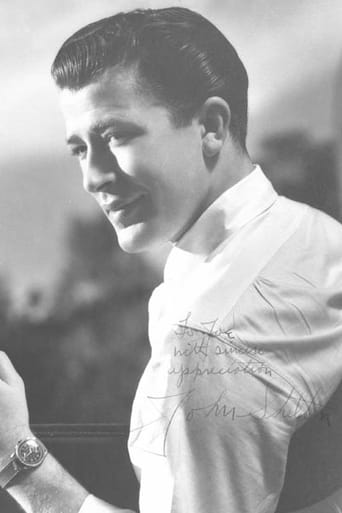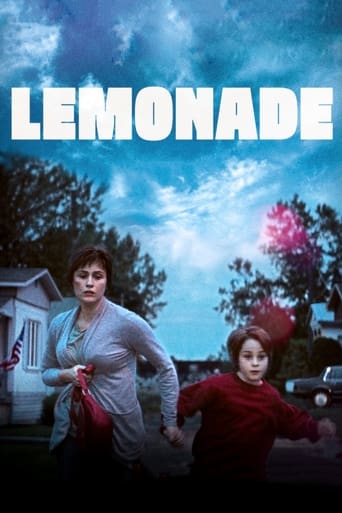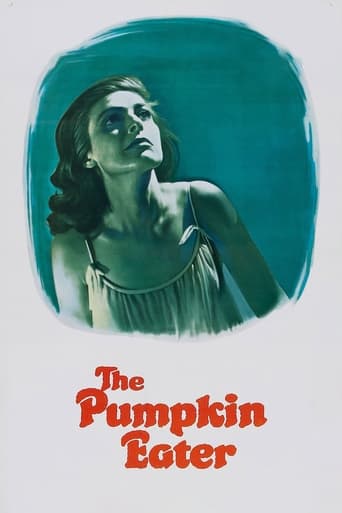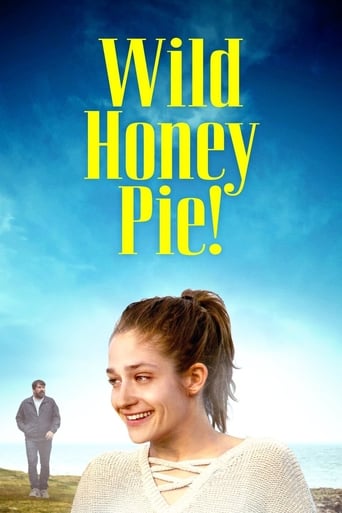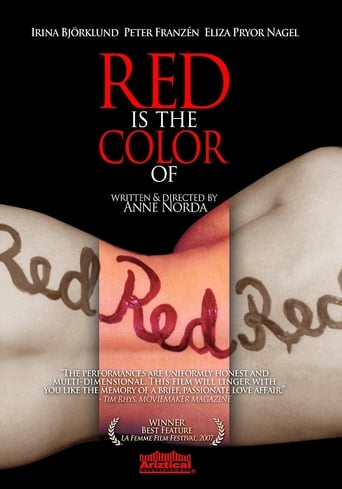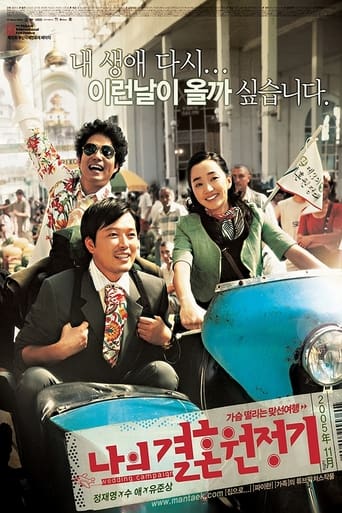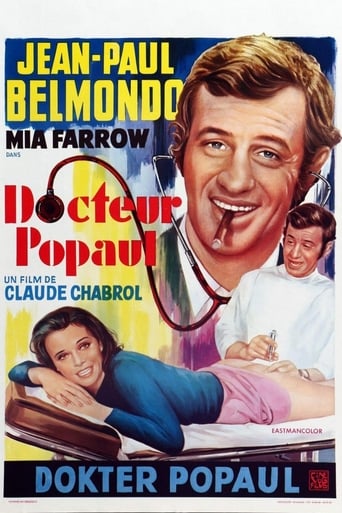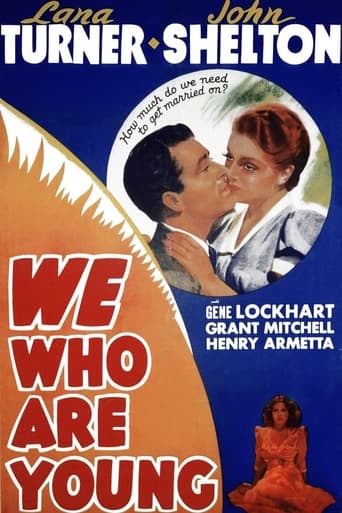
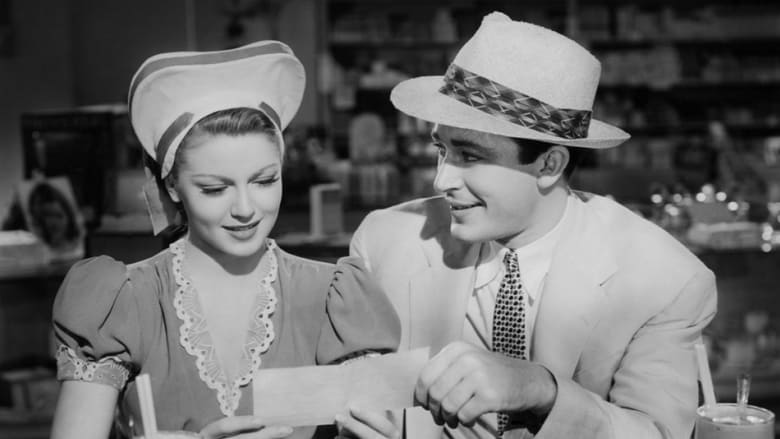
We Who Are Young (1940)
A man violates company policy by getting married.
Watch Trailer
Cast


Similar titles
Reviews
...Famous fighting words uttered by Bill Brooks as he and his cute wife Marjorie (Lana Turner) look over the skyline. And in this sudsy MGM melodrama it seems a forgone conclusion as battling Bill crosses swords with meanie boss Mr. Beamis (Gene Lockhart), then later on with a meanie hire purchase employer. Lana Turner goes through the movie with a "smiling through tears" look on her face - her emotions never vary as she supports Bill through thick and thin. She and Bill are secretly married, it is against company policy for staff to be married and the day they have a glorious lunch hour picking furniture for their little flat, on the installment plan - you guessed it, by the day's end Marjorie is out of a job.Hardship follows hardship - Bill takes out a loan so Marjorie can have her own doctor when the baby's due, falls behind in his payments and he, too, is fired by Mr. Beamis, who sends him on his way with an assortment of homilies about scrimping and saving and keeping your nose to the grindstone etc. Cheery Marjorie hocks her wedding ring to pay for Bill to do a chartered accounting course but still no job and, desperate, he rushes out into the night, claiming he would rather steal than go on relief. Don't let "Screenplay by Dalton Trumbo" fool you, this is just another MGM fairy story about two kids trying to make it in the big city. It was done so much better in "Bad Girl" (1931) with Sally Eilers and James Dunn making you believe in their gritty portraits of love on the dole and just as realistic, "I Promise to Pay" about the sometimes grim reality of the dreaded installment plan. Trumbo's stamp is put on it by a couple of speeches - Bill, desperate, tries to get work on a construction site and Jonathon Hale gives him a job, first telling him that he was exactly in Bill's position as a young married man, Bill, in turn, proceeds to give Mr. Beamish a tongue lashing to the effect that people should be kinder to each other!!!Of course with a lot of MGM movies of the 1940s, everything had to be patched up and tied with a nice ribbon. Mr. Beamish proves to be not such a meanie after all and the end shows Bill in the hospital, beaming at Marjorie, who has presented him with twins (she looks and sounds as though she doesn't know how it all happened - maybe the twins were a surprise edition to the script) and is now able to chose between two jobs.Lana Turner as a young destitute married girl trying to give support to her struggling husband, was one movie role that she didn't have to become accustomed to. She always looked as though she was born to wear diamonds and furs but she had first hand experience, as a child, of poverty and family instability. She was enchanted by her father's shiftless personality but it didn't make for a happy home life and one night after taking part in a crap game he was found dead in a nearby town. The poverty didn't end for Lana until she was discovered by a talent scout in an ice cream parlour after cutting class.
It's easy to see that MGM was grooming LANA TURNER for stardom around this time. She has the pivotal role of a young wife whose husband has a hard time keeping his job under the strict rules of employer GENE LOCKHART. JOHN SHELTON is the husband who ends up desperately looking for work while his wife is expecting a baby and they have had to have all their furniture repossessed.Shelton wasn't really a bad actor but MGM dropped him not long after the film was completed. But Lana shines as the sweet and wholesome wife who stands by her man during hard times. Shelton gets to spout off some dialogue that comes from Dalton Trumbo's slant on the Depression-era tactics and rules of the workplace.Obviously, one of Trumbo's lesser scripts has been turned into a film that is more of a programmer than an A-film, despite a cast that includes Gene Lockhart, Grant Mitchell, Henry Armetta and Jonathan Hale. Prices mentioned for wages, rent and furniture are hilarious by today's standards.
I don't agree completely with the other reviewer.I think this movie is a fine social documentary of the times. Although the movie was filmed in 1940, the scene is really the Depression 30s.Movies of that era were either 1) escapist, "fluffy" movies, about escapades among the rich and/or young, 2) musicals, or 3) gangster flicks. Mostly. None of these genres really reflected the tenor of those times.True docu-dramas of the era are rather rare; perhaps the people just didn't want to be reminded of how awful things were.This movie depicts the trouble a young couple has in succeeding (or even surviving) in a capitalist, Depression society. Both boy and girl loses jobs, and the girl is pregnant; one senses homelessness and breadlines around the corner. The angst felt by such couples in those days is poignantly portrayed here.True, some of the dialog is corny and dated, but one must remember that the thinking of the 1930s was vastly different than that of today's.The performances are spot-on, too; every one of the characters is believable.This movie is well worth watching for the social documentary that it is.
This is a pretty hackneyed melodrama, obviously influenced by "The Crowd" though far inferior. Turner and Shelton play financially strapped newlyweds facing the perils of the Depression. The various crises and the final resolution are predictable and all of the characters are crude stereotypes, especially Gene Lockhart's tyrannical Mr Beamis. Shelton's performance is weak (he was dropped by MGM after this film), but Turner rises above the material and shows she's a star in the making.



